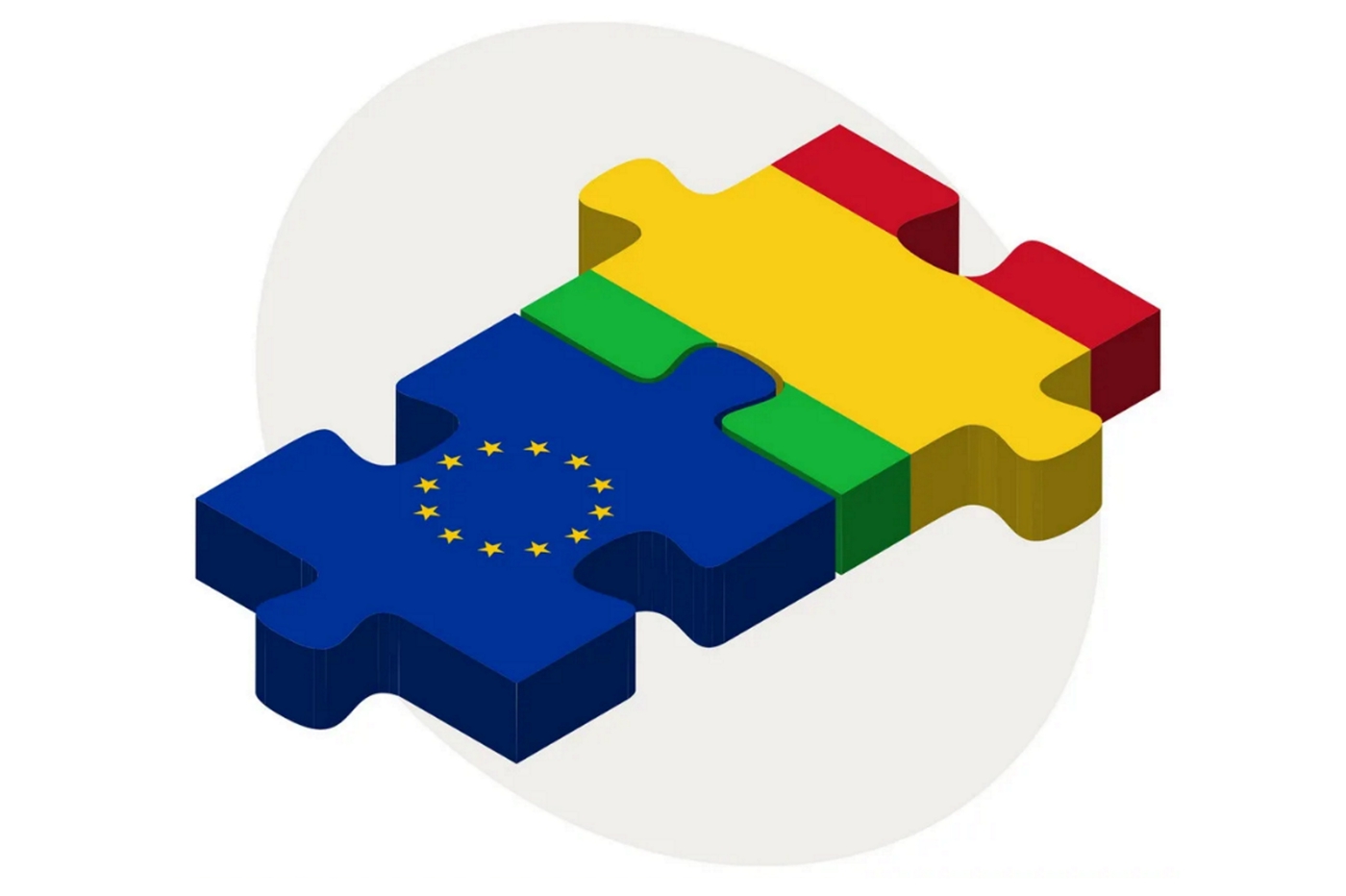
Project reference
19-0047-000-MLI-Monit-EU
Contract duration
2019 - 2026
Budget
3,674,500
Countries
Mali
Keywords
Monitoring & Evaluation
Outsourcing the regular monitoring of projects financed by the EU delegation
Relevant Background - The deterioration of the political framework in Mali in the last 5 years is having a great impact both at social and economic level, leading the country in a very difficult situation in terms of health and security. The humanitarian situation in central Mali can be seen mainly as a “protection crisis” with relevant consequences also in other areas such as shelter, nutrition, food security, health, education as well as water, hygiene and sanitation. Despite the risk, the Technical and Financial Partners remain present and active. Safety is therefore is a key issue in the implementation of this project, for which access to many dangerous areas is essential. The European Union is actively present in the country and supports Mali in several areas, including agriculture, health, environment, culture and in strengthening civil society.
The General Objective of the intervention is to contribute to the effective implementation of the EU funded projects in Mali.
The Specific Objective is to assist the European Delegation in Mali and the EDF National Authorising Officer (NAO) to the regular monitoring of all its current and future projects financed by the European Union through its various financial instruments (EDF, UTF, LB, regional funds, etc.). The projects cover mainly the following sectors: infrastructure (roads, water and sanitation), agriculture and food security, governance, justice and human rights, education, etc. However, the EU also finances projects in other sectors such as security and migration, etc.
The Results to be achieved through the activities carried out during the implementation are:
• Design, set up and constant update of a field mission workplan, issued each three months and approved by the EUD in Mali.
• “Human resources” (experts) identified and mobilized to provide updated and reliable information on the project’s implementation, directly from the field.
• A flexible and continues communication mechanism is put in place to ensure adequate information sharing both with the EUD/EDF NAO and the Consortium partners.
• An updated methodology that ensure the triangulation of the information collected, including several and cross-referenced data acquisition methods: analysis of reporting documents (project reports, evaluation and monitoring reports), direct survey of the project facilities and achievements, sampling if necessary, to measure quality, and interviews with stakeholders.
• Problems and good practices identified to be provided to the EUD and the stakeholders.
• Criteria and sub-questions defined in order to monitor and evaluate the two relevant cross-cutting issues: gender and environment.
The General Objective of the intervention is to contribute to the effective implementation of the EU funded projects in Mali.
The Specific Objective is to assist the European Delegation in Mali and the EDF National Authorising Officer (NAO) to the regular monitoring of all its current and future projects financed by the European Union through its various financial instruments (EDF, UTF, LB, regional funds, etc.). The projects cover mainly the following sectors: infrastructure (roads, water and sanitation), agriculture and food security, governance, justice and human rights, education, etc. However, the EU also finances projects in other sectors such as security and migration, etc.
The Results to be achieved through the activities carried out during the implementation are:
• Design, set up and constant update of a field mission workplan, issued each three months and approved by the EUD in Mali.
• “Human resources” (experts) identified and mobilized to provide updated and reliable information on the project’s implementation, directly from the field.
• A flexible and continues communication mechanism is put in place to ensure adequate information sharing both with the EUD/EDF NAO and the Consortium partners.
• An updated methodology that ensure the triangulation of the information collected, including several and cross-referenced data acquisition methods: analysis of reporting documents (project reports, evaluation and monitoring reports), direct survey of the project facilities and achievements, sampling if necessary, to measure quality, and interviews with stakeholders.
• Problems and good practices identified to be provided to the EUD and the stakeholders.
• Criteria and sub-questions defined in order to monitor and evaluate the two relevant cross-cutting issues: gender and environment.
Partners
Particip (Lead), BETICO, Dorsch Impact GmbH - AHT, MDF